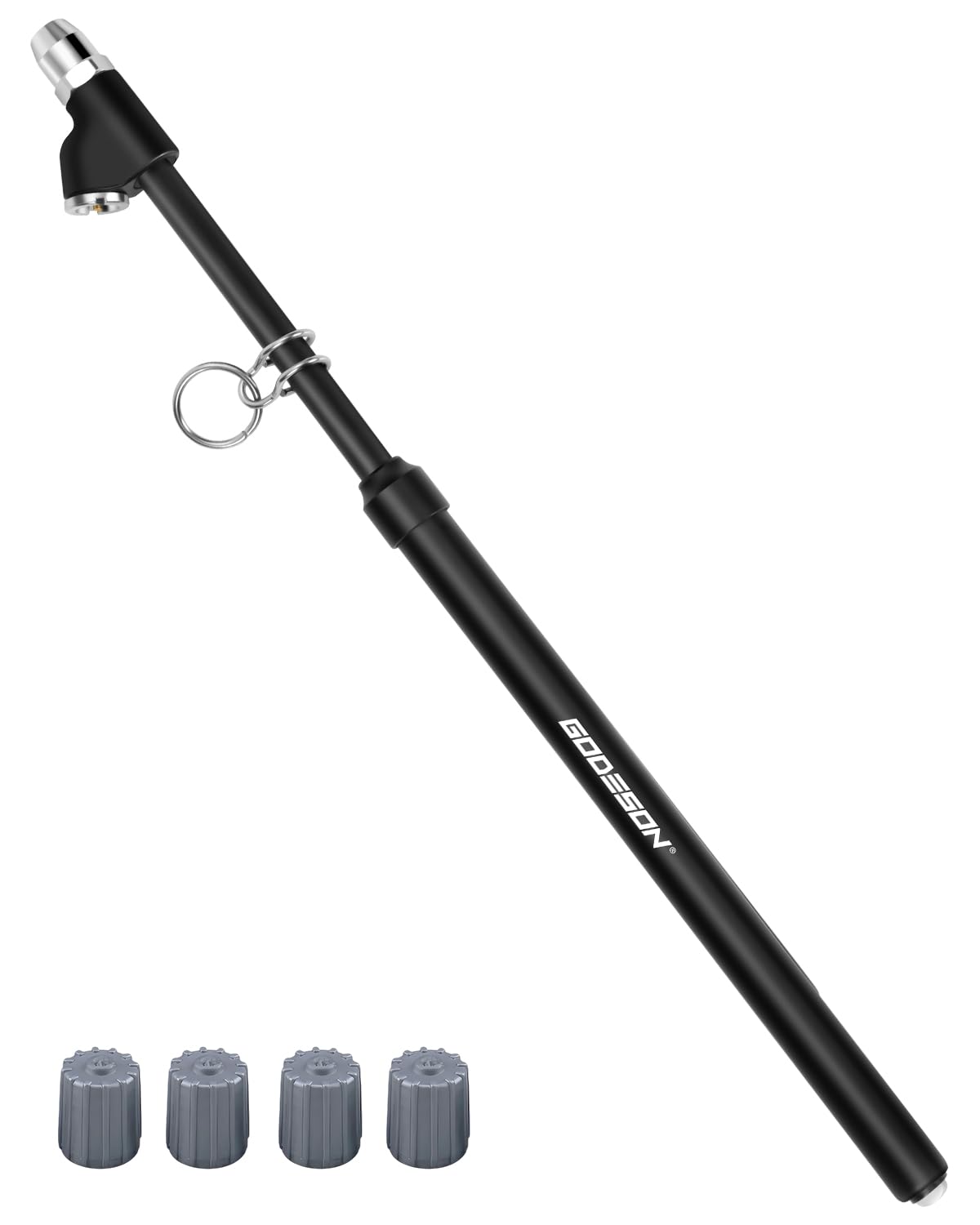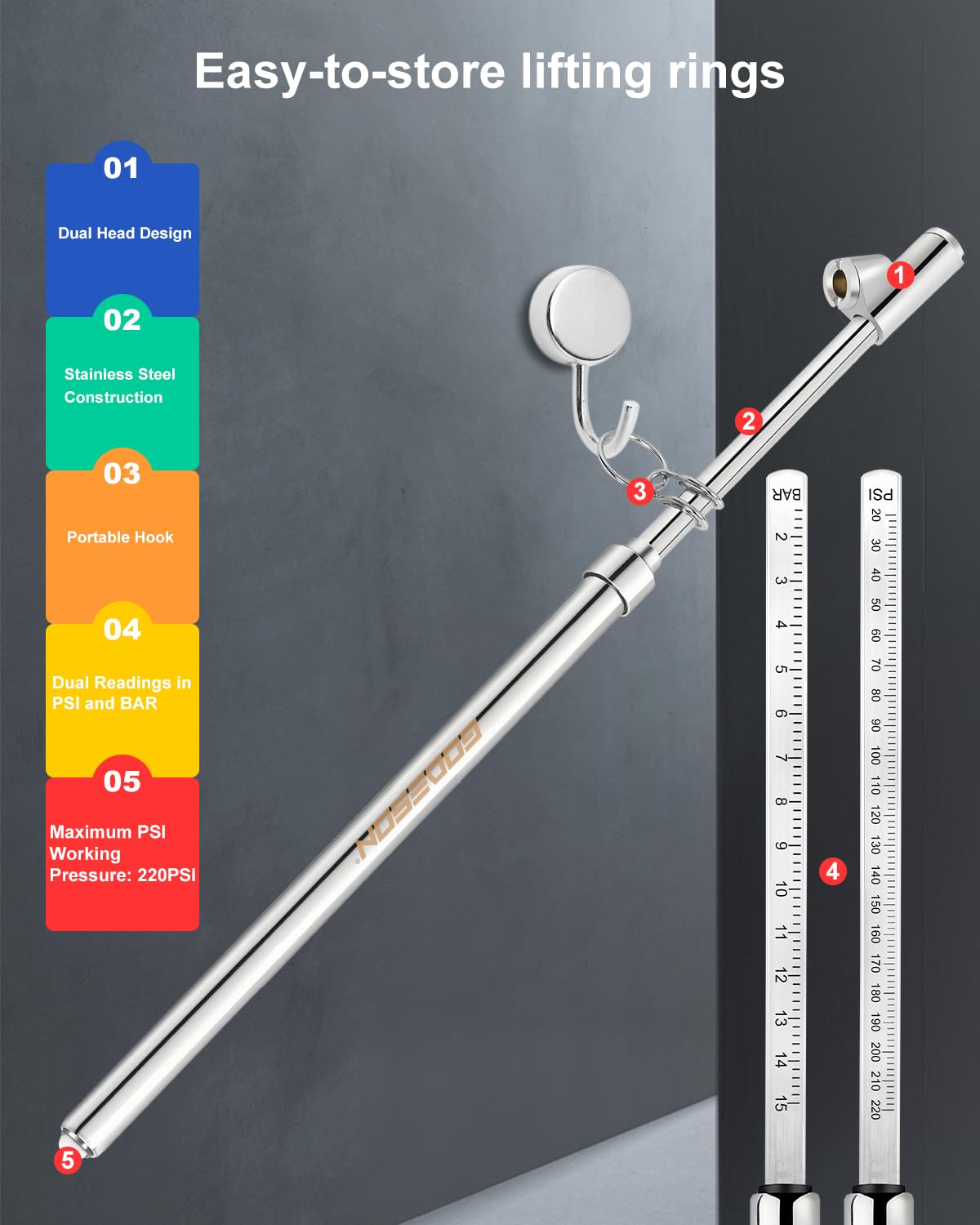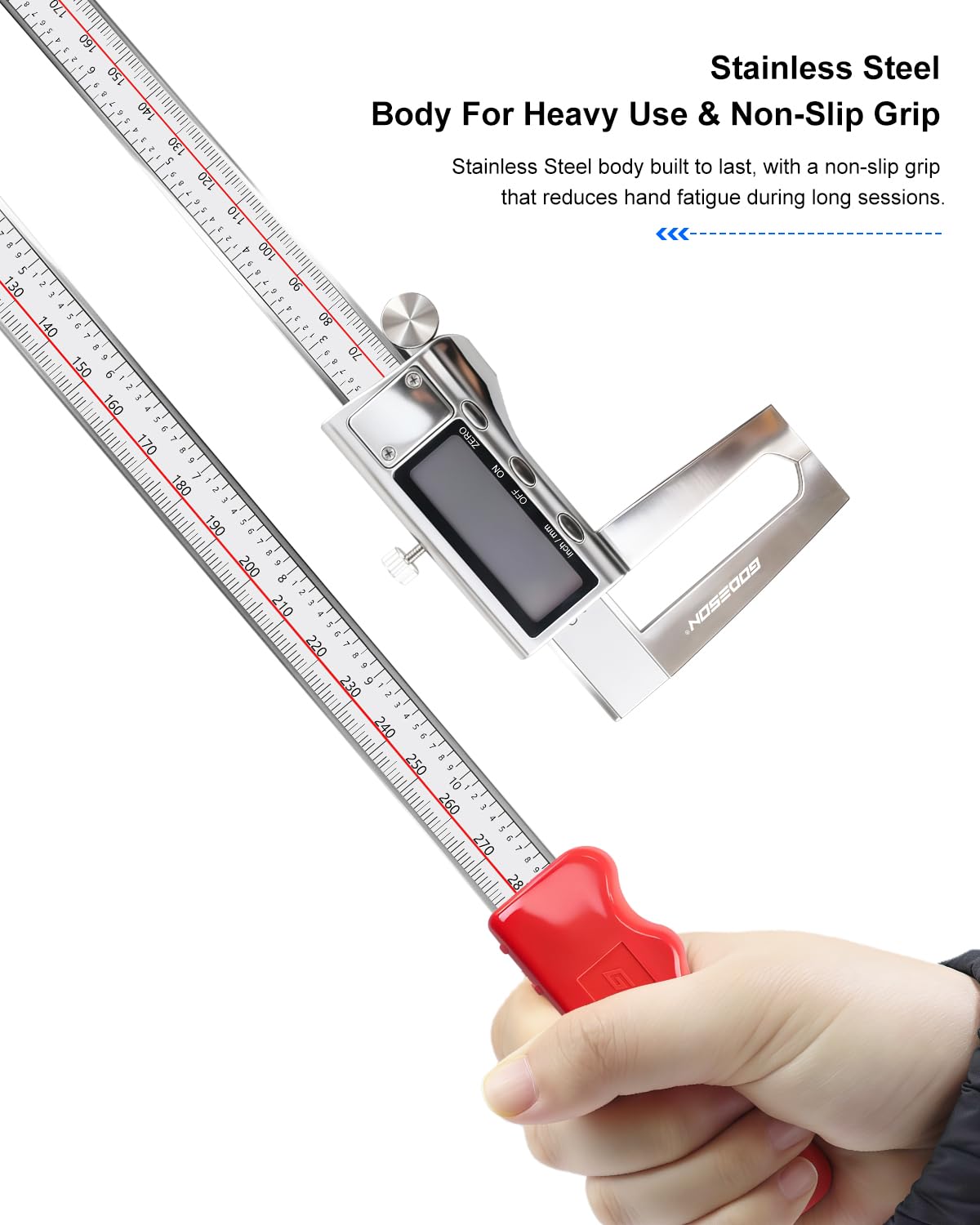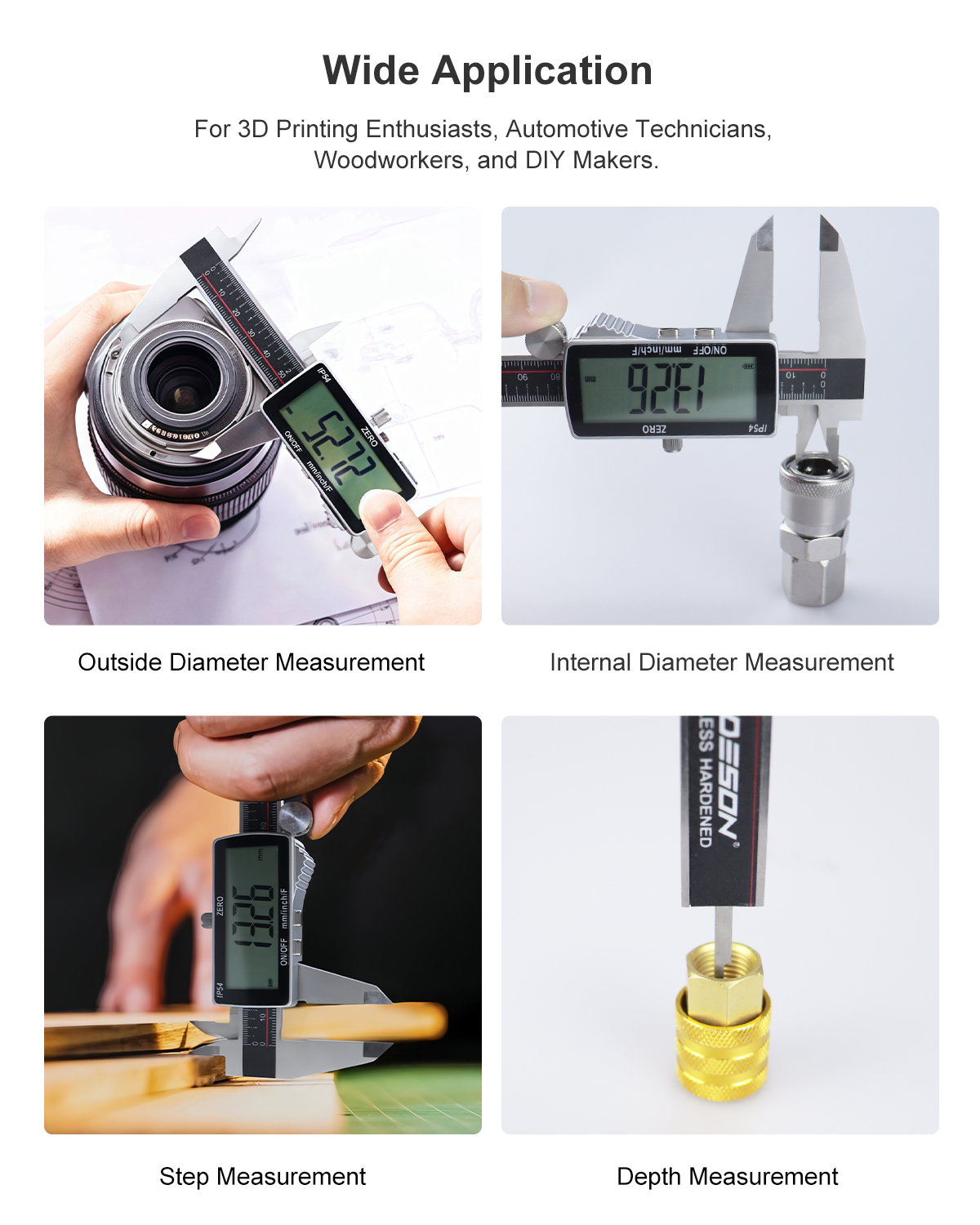Understanding the Critical Role of aTank Valve
A tank valve is a fundamental component in any system involving the storage and transportation of liquids or gases. Its primary function is to control, regulate, or isolate the flow of contents into or out of a storage tank. From massive industrial silos to smaller commercial containers, these devices are crucial for ensuring operational safety, efficiency, and precision. Without a reliable valve, managing the contents of a tank would be impossible, leading to potential waste, environmental hazards, and significant safety risks. The correct selection and maintenance of this simple yet vital piece of hardware are paramount for the integrity of the entire storage system.
Types and Applications of Industrial Tank Valves
The world of industrial applications demands a wide variety of valve designs to handle different materials, pressures, and operational needs. A prominent example is the industrial tank valve, which can come in several forms. Ball valves, for instance, offer excellent shut-off capabilities and are widely used for quick, reliable sealing. Gate valves are designed for full-on or full-off service and are ideal for applications where flow is infrequent. Butterfly valves are lightweight and cost-effective, often used in large-diameter pipes for water and chemical processing. Additionally, pressure relief valves are critical safety devices that automatically vent excess pressure to prevent tank rupture. These valves are indispensable in sectors like oil and gas, chemical manufacturing, water treatment, and food and beverage production, where precise control is non-negotiable.
Material Selection and Durability
The material composition of a valve is just as important as its design. The choice of material directly impacts the valve's durability, resistance to corrosion, and suitability for the substance it will control. Common materials include stainless steel, which offers excellent resistance to corrosion and high temperatures; brass, known for its durability in non-corrosive environments; and various plastics like PVC for chemical applications where metal is unsuitable. For a specialized product like a GODESON Tank Valve, the emphasis is often on high-quality materials that guarantee longevity and leak-free performance. A well-constructed valve made from the proper materials ensures it can withstand the harsh conditions of industrial environments, preventing costly failures and ensuring operator safety.
How to Choose the Right Valve for Your Tank
Selecting the appropriate tank valve requires careful consideration of several key factors. First and foremost is compatibility; the valve's materials must be able to withstand the chemical properties of the substance being stored. Next, you must consider the operating pressure and temperature ratings to ensure the valve can perform safely under the system's specific conditions. The connection type, whether threaded, flanged, or welded, must match the tank's outlet. Finally, it is essential to check for compliance with industry standards and certifications, which serve as a benchmark for quality and safety. Taking the time to evaluate these aspects will ensure you choose a valve that performs reliably and maintains the integrity of your storage system.
Ensuring Safety and Efficiency with Quality Valves
In conclusion, the significance of a high-quality valve cannot be overstated. It is the gatekeeper of the tank's contents, playing a direct role in operational safety and process efficiency. A failing or improperly chosen industrial tank valve can lead to catastrophic consequences, including leaks, spills, and system downtime. Investing in a reputable and well-engineered product, such as a GODESON Tank Valve, is an investment in peace of mind. By prioritizing durability, material compatibility, and proper design, you ensure your entire storage system functions safely, seamlessly, and effectively for years to come.








